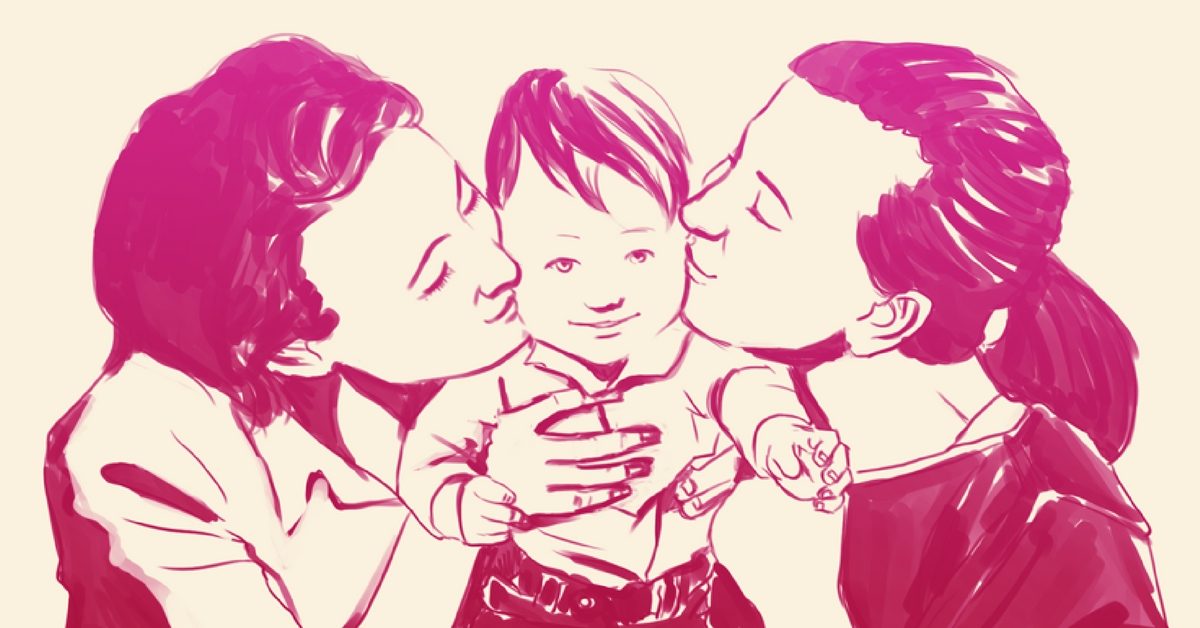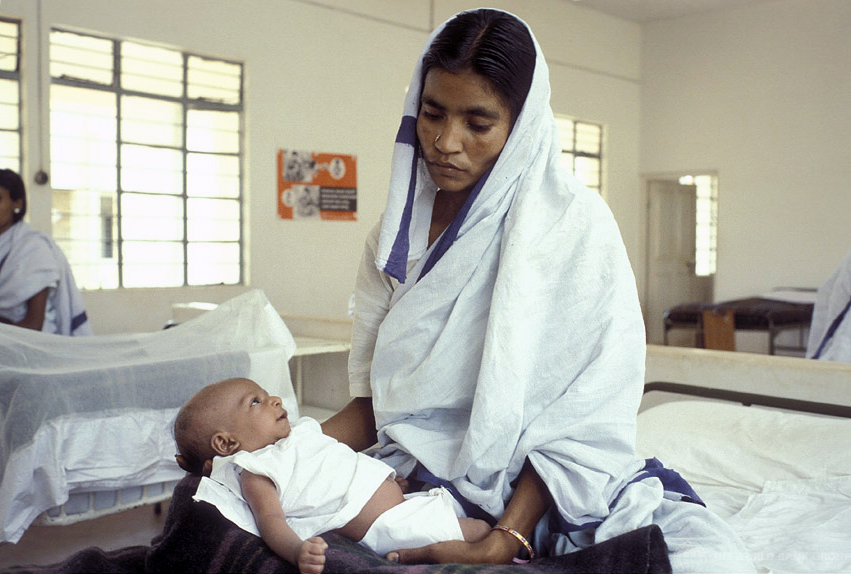TBI Blogs: Are You Applying for Surrogacy? Here’s What the New Bill Could Mean for You
Part Two of a series analysing the Surrogacy (Regulation) Bill, 2016 analyses the Bill from the perspective of the Commissioning Parents.

The government is quickly moving to bring in place a law to regulate surrogacy. This space was unoccupied till now, and in the recent past, we came across many incidents of celebrities using surrogacy to procreate. Let’s just take three high-profile examples – Karan Johar, Tushar Kapoor, and Shahrukh and Gauri Khan. Had this law been enacted a few years ago, none of these would have been able to undertake surrogacy. Why?
Because the Bill prohibits single people and fertile couples from opting for surrogacy.
The Position of Commissioning Parent(s) – An Analysis
In our previous analysis of the contentious Surrogacy (Regulation) Bill, 2016, we had looked at the position of the Surrogate Mother, and highlighted that the government intends to completely ban commercial surrogacy and allow only married women with children of their own to undertake surrogacy, ‘only’ for a close relative, and on ‘altruistic’ grounds.
In this analysis, we look at what the Bill provides for intending parents, or those who commission a surrogate.
Who can commission a surrogate?
As per the Bill, “Only a medically certified, infertile Indian heterosexual couple, married for at least five years, and having no living child, can opt for surrogacy.” What are some of the issues which arise?
Heterosexual Marriage
The bill identifies the concept of parentage with that of marriage only, thus leaving out:
- Single persons (of any sex or sexual orientation, and including divorcees and widows/widowers)
- Live-in Couples (though they are considered at par with married couples by courts)
Should the govt. ban Surrogacy for single persons, homosexuals, live-in partners etc., as proposed in the new #SurrogacyBill?
— Maadhyam (@_maadhyam_) April 28, 2017
Certified Infertility
Even among married couples, making infertility the only and essential ground to opt for surrogacy, the bill curbs the individual choice of a couple (especially a woman) to go for surrogacy. There can be many other reasons too, like not being medically fit otherwise to carry through a pregnancy, being of a certain age where pregnancy is not possible or too risky, the woman not wanting a break in her career, etc.
Thus, the right to privacy, the right to found a family, and the right to make reproductive choices of these people are at stake. Further, the enjoyment of benefits of scientific and technological progress and its application is also being denied, which is a recognized human right internationally.
Other Conditions
The Bill also lays down an age restriction (the man must be between 26-55 years old and the woman must be between 23-50 years old), a five-year waiting period after marriage, and the requirement that couple must not have any surviving child.
The bill attempts to make surrogacy a practice of last resort for an intending couple, rather than a matter of their choice.
The government might as well simultaneously reform the adoption laws and procedures in the country, because a positive fallout of such a stringent law could be that more and more people opt for adoption.
Indian Citizenship
A number of cases of foreign couples abandoning Indian surrogate babies have led to many controversial legal battles, and prompted the government to completely exclude foreign couples from commissioning a surrogate in India. By doing this, India joins many other developing countries which prohibit foreign couples from undertaking surrogacy in their countries. But, the question which again arises is whether a strong regulatory mechanism for the rights of the surrogate mother and child could have been explored as an alternative in such cases.
It must be pointed out that prevention of exploitation of the surrogate mother and the child is a policy objective which must be pursued relentlessly by the government. But it must also make efforts to find a common ground between the two extremes of no regulation and a complete ban.
Making it difficult to find surrogate mothers
As discussed already, there are strict eligibility conditions for surrogate mothers, invariably causing a lot of hardship even for the couples who qualify.
Further, the emotional insecurities brought up by the surrogate mother being a ‘close relative’ may prove disturbing for the couple in every possible manner. The child may also have identity issues in the future.
Altruistic Surrogacy and Infertility Stigma
The bill permits surrogacy only for altruistic purposes (where the surrogate mother does not receive any monetary remuneration or incentives except medical expenses and insurance cover). At the core remains the idea of empathy of a fertile woman towards an infertile couple.
In the process, the Bill reinforces the stigma of infertility, while putting emphasis on compulsory, almost mechanical, procreation after marriage. It also places undue burden on a fertile woman, a close relative. In our patriarchal system, her relatives could emotionally push her—legally—to undergo surrogacy for a related infertile couple.
The Bill must treat both the parties at par with each other under clearly defined contractual obligations. Complicating the picture with overtones of ethics, moral, and societal systems will not help. Because infertility, in fact, is just a medical condition, and surrogacy procedures are just science.
All interested citizens must contribute with their inputs on the Bill. Maadhyam will collect all inputs and circulate them among Members of Parliament on the Committee reviewing the Bill. Please fill this questionnaire to record your inputs. You can find the text of the Bill here.
Like this story? Or have something to share? Write to us: [email protected], or connect with us on Facebook and Twitter.
NEW: Click here to get positive news on WhatsApp!
This story made me
- 97
- 121
- 89
- 167
Tell Us More
We bring stories straight from the heart of India, to inspire millions and create a wave of impact. Our positive movement is growing bigger everyday, and we would love for you to join it.
Please contribute whatever you can, every little penny helps our team in bringing you more stories that support dreams and spread hope.



















